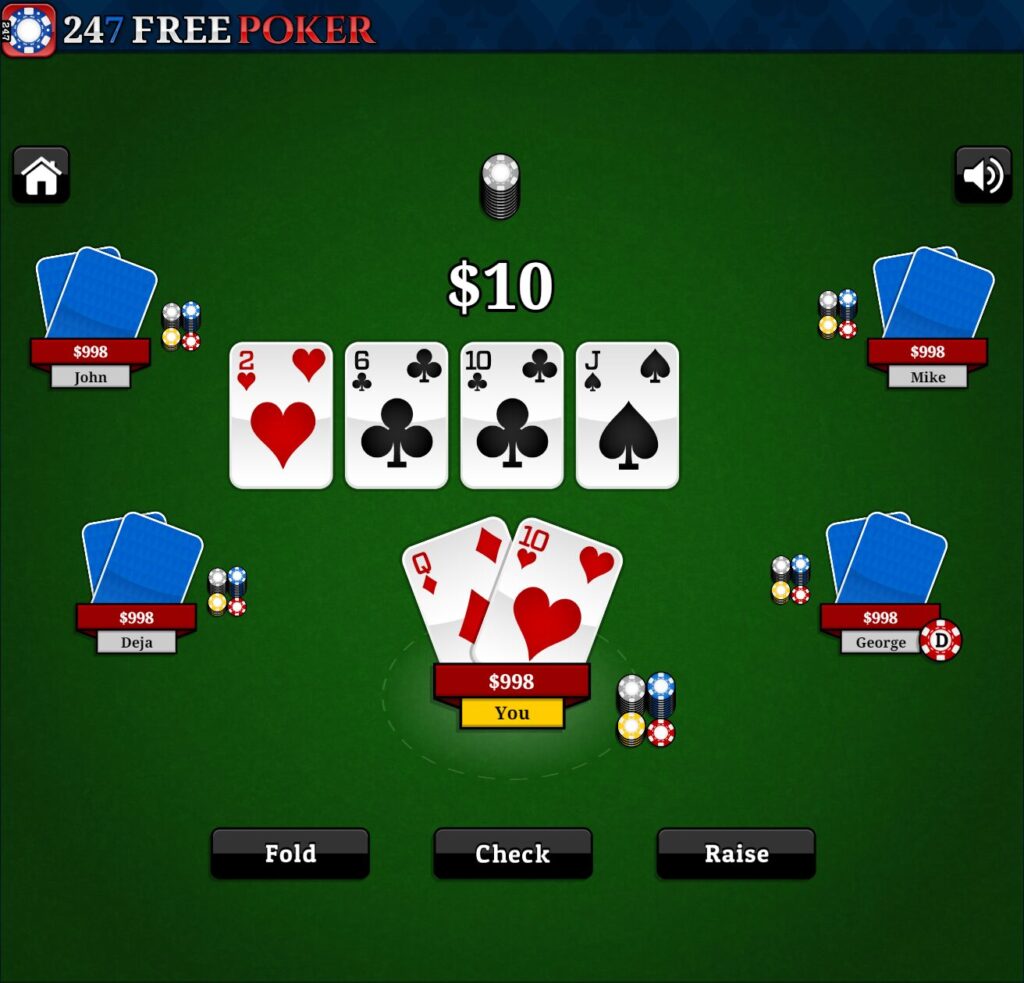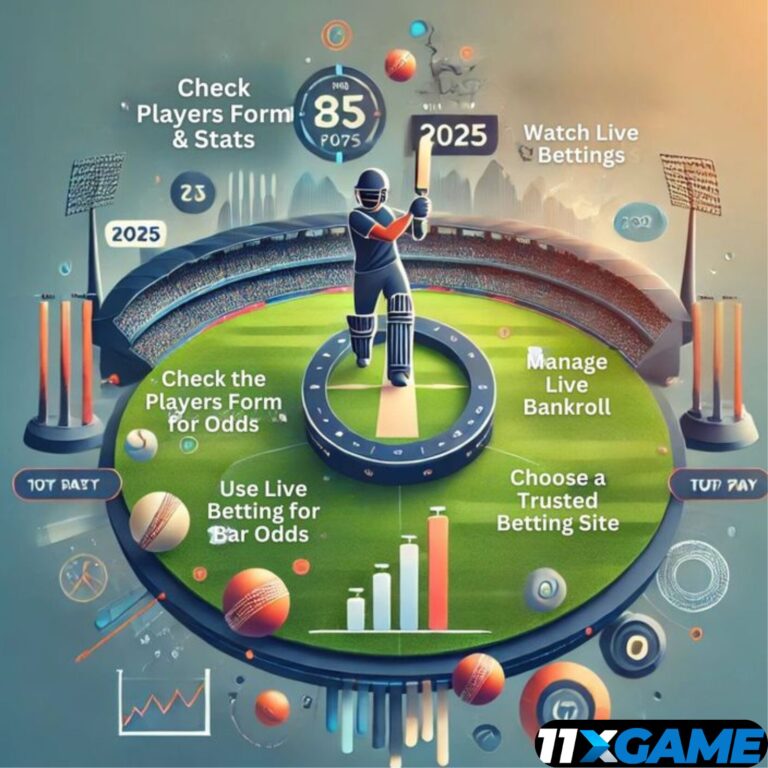Play Poker Online – Win Big with the Best Poker Games[2025]
Playing poker online has become one of the most exciting and accessible ways for gaming enthusiasts, strategic thinkers, and casual players alike to enjoy this classic card game. Thanks to the internet, poker is no longer restricted to smoky casinos or private rooms; it can now be played anytime, anywhere, and with players from all over the world. The combination of convenience, competitive excitement, and the opportunity to refine skills has made online poker a booming industry with millions of players logging in daily.
Below is a comprehensive, in-depth guide about play poker online, covering everything from the basics and strategies to the history, psychology, and future of online poker.
The Rise of Online Poker
Poker has a long history dating back to the 19th century in America, where it became a popular pastime on riverboats and in saloons. But the true revolution came with the emergence of online platforms in the late 1990s. By the early 2000s, play poker online exploded in popularity, largely driven by televised poker tournaments such as the World Series of Poker (WSOP) and the so-called “Moneymaker Effect”, when amateur player Chris Moneymaker won the WSOP Main Event in 2003 after qualifying through an online satellite tournament.
This milestone showcased what was possible: ordinary players could turn small buy-ins from online games into life-changing winnings. Since then, the play poker online industry has grown into a multibillion-dollar global market with countless platforms, variations, and communities.

Why People Play Poker Online
Several key reasons explain why millions of people worldwide prefer playing poker online:
Getting Started with Online Poker
If you’re new to playing poker online, it’s essential to understand the first steps.
Choosing a Platform
There are hundreds of online poker sites, but not all are created equal. The top factors to consider are:
- Reputation and Security – Ensure the site is licensed, trusted, and uses encryption to protect player data.
- Variety of Games – Play poker online on platforms that offer Texas Hold’em, Omaha, Seven Card Stud, and many other exciting formats.
- Bonuses and Promotions – Many sites attract new players with welcome bonuses, free tournament entries, or deposit matches.
- User Experience – A smooth interface with reliable performance makes a big difference.
- Payment Options – Choose platforms that support convenient banking methods, from credit cards and e-wallets to cryptocurrencies.
Creating an Account
Most platforms require a secure sign-up process where you can register, verify, and start to play poker online safely.
- Enter personal details.
- Verify your account via email or ID.
- Set deposit limits (many regulated platforms encourage responsible gambling).
- Deposit funds using your preferred payment method.
Exploring Free Play Options
For beginners, many play poker online platforms offer play money tables where you can practice without risking real money. This is a great way to learn the platform’s functions and understand the flow of the game.
Popular Variants of Online Poker
Poker is not a one-size-fits-all game. While Texas Hold’em dominates the scene, other variations also enjoy popularity online.
- Texas Hold’em – The most widely played format, where each player gets two private cards and five community cards are dealt face-up.
- Omaha – Similar to Hold’em, but players receive four hole cards and must use exactly two of them.
- Seven Card Stud – A traditional format, once the most popular before Hold’em took over, where players are dealt seven cards to make the best five-card hand when they play poker online.
- Razz – A lowball game where the lowest hand (not the highest) wins.
- Short Deck Hold’em (6+ Hold’em) – Played with a stripped deck, this format adds excitement and changes the odds.
- Mixed Games (HORSE, 8-Game) – Popular with advanced players who want variety and challenge.
Each game has different strategies and approaches, making online poker incredibly diverse.
Key Skills for Playing Poker Online
Success in online poker isn’t about luck alone. It combines strategy, psychology, and discipline. Here are the main skills to develop:
- Patience – Folding weak hands is essential instead of chasing after every pot.
- Bankroll Management – Setting clear financial limits prevents you from losing more than you can afford.
- Adaptability – Online players come from diverse backgrounds, so strategies must shift quickly.
- Reading Opponents – Even though you can’t see facial expressions online, you can track betting patterns and timing.
- Mathematical Thinking – Understanding pot odds, implied odds, and probability is crucial.
- Focus and Discipline – Online games move fast, so distractions can quickly lead to mistakes.
Strategies for Online Poker Success
To improve your chances of winning consistently, consider the following strategies:
- Start with Micro-Stakes – This allows you to practice and learn without risking big losses.
- Play Tight-Aggressive (TAG) – Be selective about your hands but play them aggressively when you enter the pot.
- Use Position Wisely—Position at the table matters; acting last often gives valuable information.
- Bluff Cautiously – While bluffing is part of poker, excessive bluffing play poker online gets spotted quickly.
- Multi-Table Carefully – Online platforms let you play multiple tables, but only do this once you’re confident.
- Keep Notes – Many poker sites allow you to add notes on opponents to track tendencies.
- Study Hand Histories – Reviewing your past hands helps identify mistakes and improve decision-making.
- Manage Tilt – Emotional players make poor choices; learn to walk away when frustration creeps in.
Online Poker Tournaments
Tournaments are one of the biggest attractions in . They range from small buy-in daily tournaments to massive international series.
- Sit & Go (SNG) – Single-table tournaments that kick off once enough players register. Quick and beginner-friendly.
- Multi-Table Tournaments (MTT) – Hundreds or thousands of players compete for big prize pools. These can last hours but offer significant rewards for deep runs.
- Knockout/Progressive KO – Players earn rewards for eliminating others, creating aggressive dynamics.
- Freerolls – Free entry tournaments that still provide real prizes, perfect for beginners.
Some of the largest online tournaments parallel live poker’s biggest events, with platforms hosting World Poker Tour (WPT) and WSOP online versions.
The Psychology of Online Poker
Poker is as much a psychological battle as it is a mathematical one. Online environments change how psychology plays a role:
- No Physical Tells – Unlike live poker, you can’t see opponents’ body language. Instead, you focus on timing, bet sizing, and habits.
- Anonymity – Many platforms allow anonymous play, which levels the playing field against predatory tactics.
- Speed and Aggression – Online games are faster, which can encourage riskier play styles.
- Tilt Management – Emotional swings are amplified online when players can hop into new games instantly.
Understanding the psychological dynamics of online poker gives an edge over opponents who rely solely on cards and odds.
Bankroll Management in Online Poker
One of the most overlooked aspects of online poker is proper bankroll management. This ensures you stay in the game long enough to ride through variance (the natural swings of luck).
- Set a Budget – Decide how much money you can afford to dedicate solely to poker.
- Use Buy-In Rules – For cash games, many pros recommend buying in with at least 20–30 times the stake. For tournaments, keep 50–100 buy-ins for your usual stake level.
- Track Results – Use spreadsheets or tracking software to monitor your wins and losses objectively.
- Move Down When Needed – If you lose too much at a higher level, drop to lower stakes to rebuild.
Technology and Tools for Online Poker
Modern play online poker isn’t just about sitting at a table on your computer. There are advanced technologies and tools that enhance the experience:
- HUDs (Heads-Up Displays) – Show real-time data on opponents’ tendencies (though regulated in some jurisdictions).
- Poker Software – Tools like solvers allow players to study “game theory optimal” (GTO) strategies.
- Mobile Apps – Most platforms offer seamless mobile play for gaming on the go.
- Streaming Platforms – Sites like Twitch have popularised poker content, creating communities around online play.
Challenges of Playing Poker Online
While play poker online is thrilling, it comes with challenges you should be aware of:
- Addiction Risks – Because poker is always accessible, responsible gaming practices are essential.
- Bots and Cheating – Some unregulated sites have issues with automated bots or collusion. Choosing reputable platforms helps avoid this.
- Variance – Even with skill, poker involves luck. Short-term losses are common.
- Legal Restrictions – Online poker laws vary greatly by country (and even state). Always check local regulations before playing.

Responsible Gambling in Poker
Because poker involves real money, responsible gambling is crucial:
- Set Limits – Only deposit amounts you can comfortably afford to lose.
- Take Breaks – Avoid marathon sessions that lead to fatigue-based mistakes.
- Use Platform Tools – Most sites offer self-exclusion options or deposit caps.
- Balance with Life – Treat poker as entertainment, not a guaranteed income.
The Future of Online Poker
The landscape of online poker continues to evolve:
- Virtual Reality (VR) Poker – Players can already sit in immersive 3D rooms with avatars.
- Artificial Intelligence – AI is influencing training tools and opponent strategies.
- Cryptocurrency Payments – More platforms are adopting Bitcoin and other cryptocurrencies for convenience and anonymity.
- Global Regulation – As more countries legalize and regulate iGaming, player safety and accessibility will improve.
- Esports Integration – Online poker is increasingly merging with competitive gaming and streaming cultures.
Final Thoughts
Playing poker online offers an unmatched mix of skill, strategy, psychology, and entertainment. Whether you’re a beginner learning the ropes on free tables or an experienced player grinding multi-table tournaments, play online poker has something for everyone. The key to success lies in patience, disciplined bankroll management, continuous learning, and responsible gaming practices.
Online poker is not just a game of chance—it’s a long-term battle of skill and decision-making. If approached thoughtfully, it can provide not only financial rewards but also lifelong enjoyment and a deep sense of challenge.
play poker online,online poker game,real money poker,11xgame poker,poker tournaments online,best poker sites ,texas hold’em online, play poker online,






